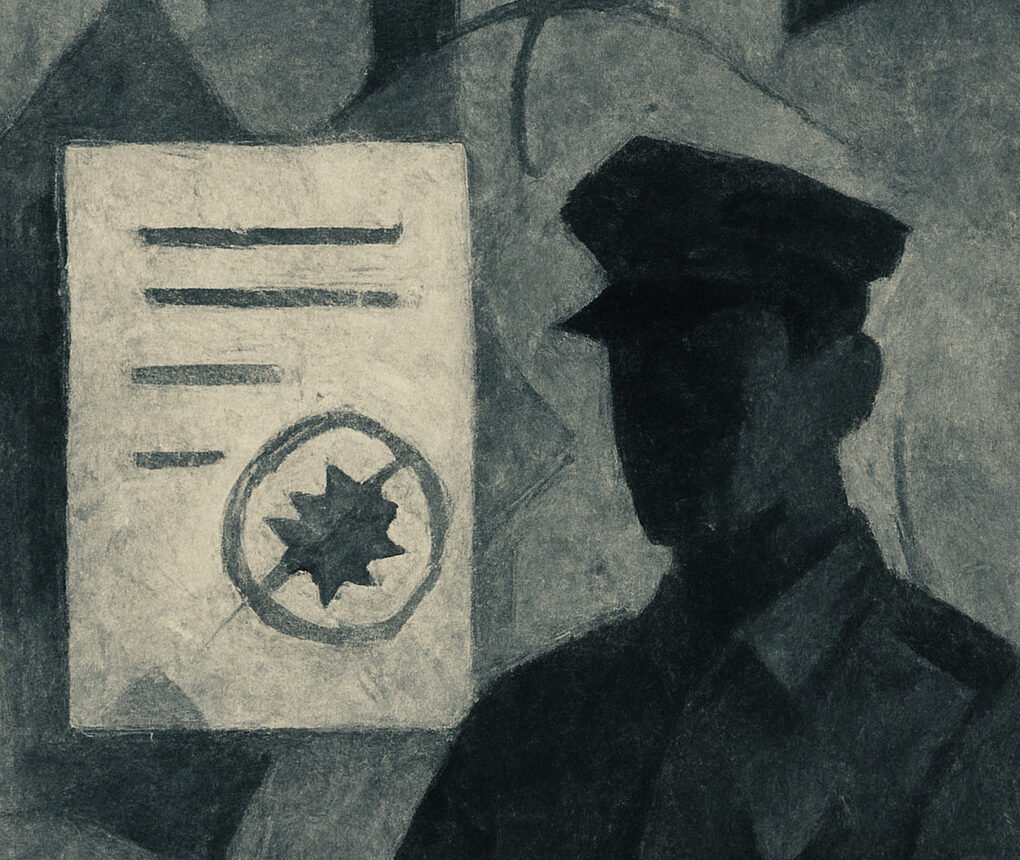Haryana’s Director General of Police, Shatrujeet Kapur, announced today a significant drop in cybercrime-related financial losses in the state, from ₹70–80 crore per month to around ₹38 crore. The dramatic reduction, achieved over the past 18 months, is credited to a multi-pronged crackdown involving rapid response mechanisms, institutional coordination, and tech‑led interventions.
FCRF x CERT-In Roll Out National Cyber Crisis Management Course to Prepare India’s Digital Defenders
A Multi-Layered Assault on Cybercrime
Under a “mission-mode” approach dubbed “Cyber Haryana,” the state police fortified cyber police stations, developed Standard Operating Procedures (SOPs) and launched targeted operations in known fraud hotspots. A key addition has been the strengthening of the 1930 cyber helpline, staffed by 16 bank nodal officers from major banks working alongside telecom providers to freeze suspected transactions within hours.
DGP Kapur further revealed a dramatic improvement in recovery rates, from around 8–10% to over 35 %, enabled largely by rapid reporting that pinpoints fraudulent activity within six hours, allowing banks and police to block up to 70–75 % of stolen sums.
Algoritha: The Most Trusted Name in BFSI Investigations and DFIR Services
Arrests, Public Outreach, and National Benchmark
Since early 2024, Haryana has emerged as a national leader in cybercrime control. Arrests surged from roughly 500 in 2022 to nearly 5,500 in 2024, averaging around 21 cybercriminals detained daily. One-time state rankings reversed, from 23rd to first, in terms of successful blocking of fraudulent amounts.
The police also undertook an extensive public awareness campaign—conducting cyber safety workshops in schools, colleges, and rural forums, which increased citizen engagement by nearly 50 %. Measures to disrupt fraud ecosystems included blocking over 2,000 mule accounts and blacklisting more than 1,300 IMEIs connected to digital crime.
In briefing sessions attended by key stakeholders, including NCR banks and fintech representatives, DGP Kapur emphasized that modern policing requires robust digital infrastructure, inter-agency cooperation, and informed public participation.
About the Author – Anirudh Mittal is a B.Sc. LL.B. (Hons.) student at National Forensic Sciences University, Gandhinagar, with a keen interest in corporate law and tech-driven legal change.



